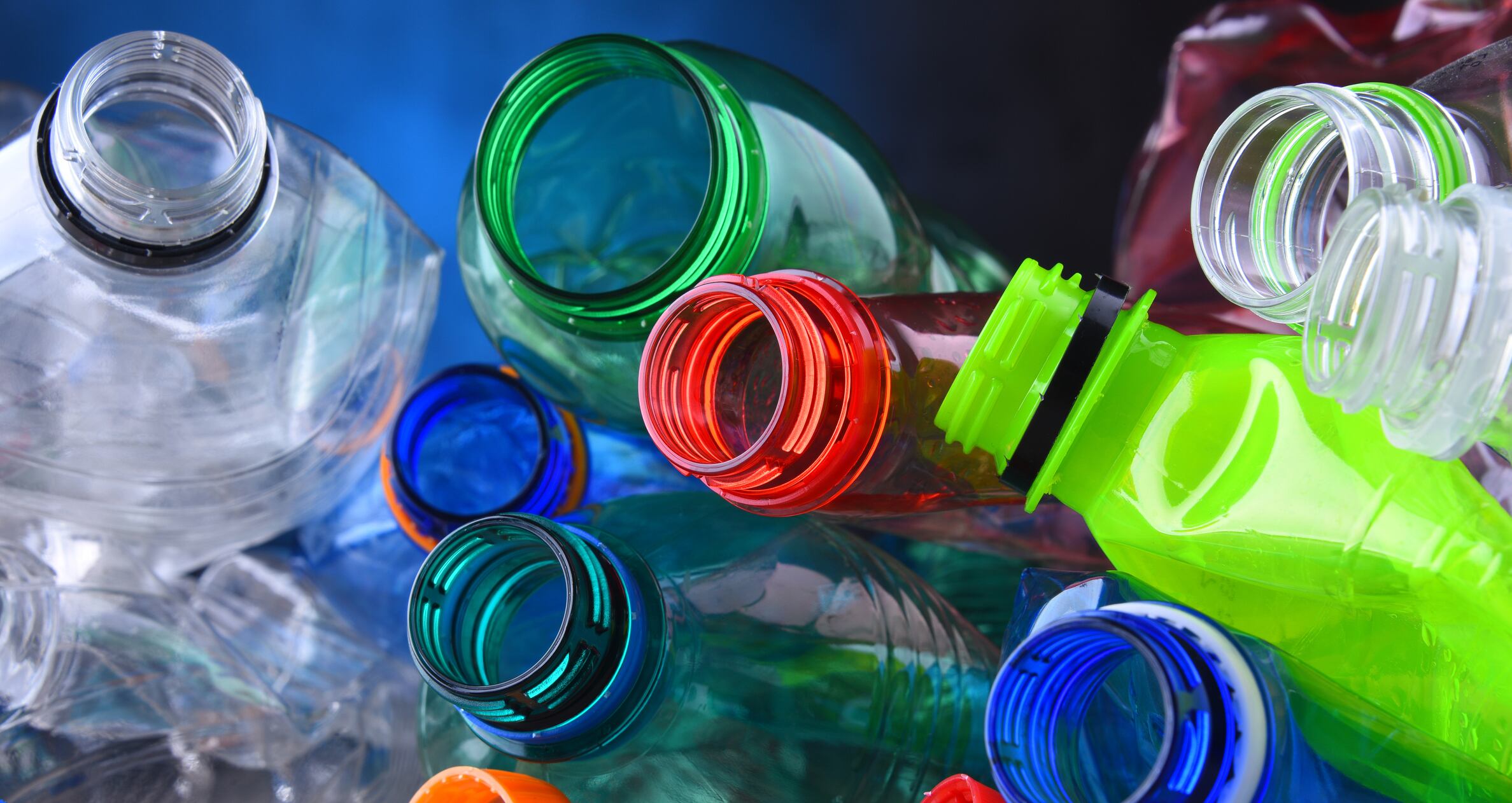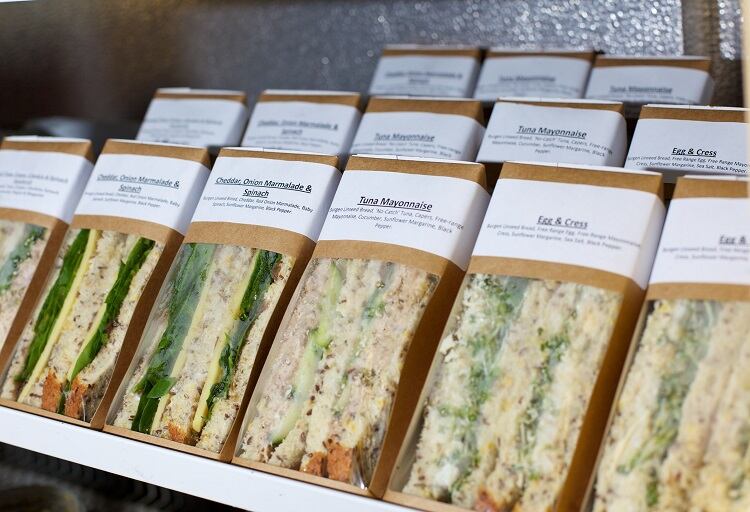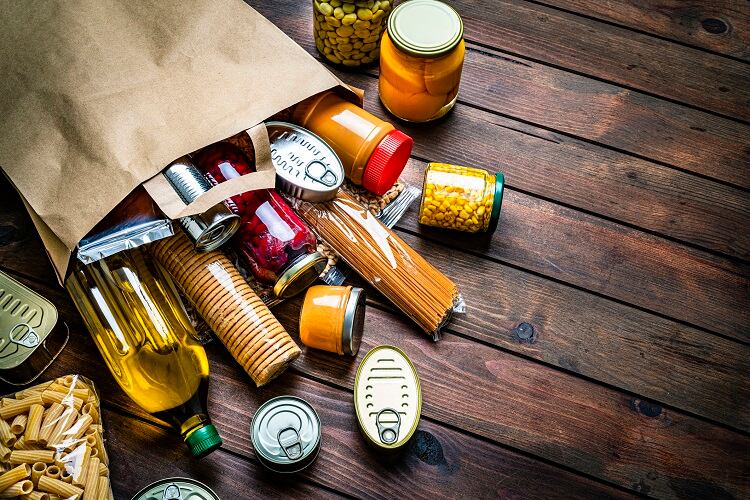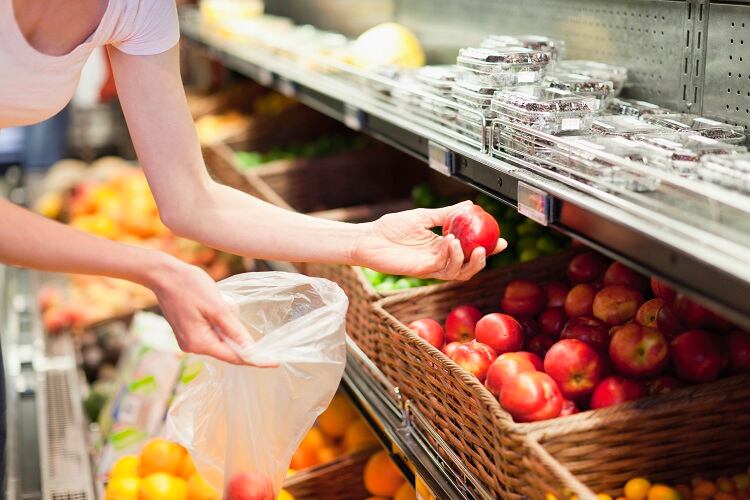Consumers are concerned about the safety of food packaging materials.
According to Eurobarometer data, 86% of consumers are either worried or very worried about chemicals used in food packaging, with four in five reporting concerns about chemicals in everyday products.
The European Consumer Organisation (BEUC) takes issue with current EU food packaging legislation. Intended to ‘safeguard’ the safety and interests of consumers, BEUC argues ‘neither is achieved’.
“In fact, the current regulatory regime is what I will call a regulatory relic,” said Pelle Moos from BEUC’s Safety and Health division, who is calling for change.
“The current situation is untenable,” he told a recent European Food Forum (EFF) event. “EU reform is urgently needed.”
PFAS and BPA found in food and drink
Investigations into food packaging safety conducted in recent years back up BEUC’s position, Moos suggested.
In 2017, for example, the Danish Consumer Council THINK Chemicals conducted a survey of fast food packaging with consumer organisations from Belgium, Spain, Italy and Portugal.
Overall findings revealed close to one-third of the 65 tested fast food packaging contained high levels of per- and polyfluoroalkyl substances (PFAS).
Defined as fluorinated substances, PFAS are known to bioaccumulate in the environment, Moos explained, adding that some are suspected of causing or promoting cancers and being endocrine disruptors.
“We know these substances, when used to produce food packaging, can migrate into food and therefore create a concern for human health,” said Moos. “We also know that scientists have called, in The Madrid Statement, for a limit of the production and use of PFAS globally.”
The health and safety expert continued: “Use of PFAS in paper and board food packaging is (essentially) unregulated in Europe.”

In Norway, reusable plastic drinking bottles have been found to leach phthalates, bisphenols, lead and flame retardants into their contents.
A 2018 test by the Norwegian Consumer Council discovered these toxic chemicals in the contents of Hello Kitty-branded bottles by Sanrio. The bottles were on sale in Toys R Us.
“Disturbingly, it was bottles marketed to kids that were the worst performers in the tests,” lamented Moos.
“All these bottles were legal, in the sense that the migration level…was below the legal limit, but the question is: What does that mean for our overall exposure to dangerous chemicals?”
Greenwashing with SUP alternatives
BEUC has also raised concerns that packaging manufacturers’ response to the recently enforced ban on single-use plastics – which came into effect 3 July 2021 – is increasing the use of unregulated materials.
In an effort to eliminate single-use plastics from their offerings, business operators are shifting to potentially hazardous alternatives, Moos suggested. These can be made from bamboo, paper, ‘bagasse’ (the waste product of sugarcane), or other plant-based materials.
Consumer organisations in Italy, Denmark, Spain, and France investigated the presence of chemicals of concern in 57 different single-use food contact items from bowls, plates, and straws. Chemicals of concern – notably PFAS, chloropropanes and pesticides – were detected above the recommended limits in 53% of the samples. “Not above the legal limit,” Moos stressed, “because there is no legislation in place. But above the recommended limit by, for example, Germany’s Federal Institute for Risk Assessment (BfR).”
Several samples were found to contain more than one of the analysed chemicals. And in a further 12 samples, the analyses detected either pesticide residues or fluorinated compounds and chloropropanols close to the recommended limits.
Some pesticides found are either banned in the EU, known to be carcinogenic, or an endocrine disruptor.

These same samples were also found to mislead consumers with unfounded green claims, the safety expert continued.
“It’s clear that if they contain a ‘forever chemical’ [PFAS] that is not known to break down once it is released into the environment…there is a misleading claim.
“So in fact, what we are seeing with these examples, is that we are replacing one persistent pollutant plastic with a persistent pollutant forever chemical.”
What’s the solution?
What kind of reform is BEUC after? The consumer organisation is offering up five suggestions for the European Commission to take on board.
To begin with, BEUC is urging regulators to reduce food contamination via stricter legislation. “We need to reduce the overall level of contamination in Europe,” stressed Moos. Food contact materials are the ‘largest and least controlled’ source of food contamination, and the Commission needs to reduce overall migration limits, we were told.
“We should remember that the overall migration limit for food pack contact materials is 100 times higher than what we have established, for example, for pesticide residues. It is also at least twice as high as what is achieved in other regions, such as Japan.”
The consumer organisation is also challenging the Commission to establish a ‘preventative approach’. This would mean that all carcinogenic, mutagenic, reprotoxic chemicals, as well as endocrine disruptors, are phased out from food packaging – unless their use is essential for society.

Applying the ‘no data, no market’ principle is another recommendation from the part of BEUC. This principle already exists in EU chemicals law, and would mean that operators are required to document the safety of the mixtures migrating from food contact articles. These reports would then be checked by the Commission, the European Food Safety Authority (EFSA) and Member States.
The consumer organisation is also calling for the enablement of effective enforcement: essentially Member States need to ‘significantly step-up’ by allocating more resources to control what is on the market, we were told.
“Of course, we know there is a problem with resources, so what the Commission should do is…see if there is a way to expand the current fee-based enforcement mechanism that is in the official controls regulation to also cover food contact materials,” said Moos, “to allow Member States to recover costs.”
And finally, the Commission must encourage sustainable alternatives to conventional plastic via regulation. “The best way to do that is to make sure there are rules in place for all these alternative materials, to ensure they do not contain chemicals that risk the health of people and the environment.
“That is the best way to ensure consumers trust such materials and that they are willing to buy them in the first place.”



